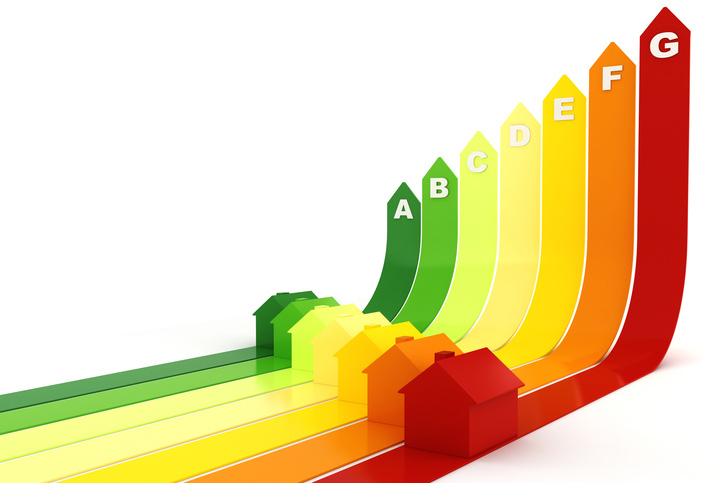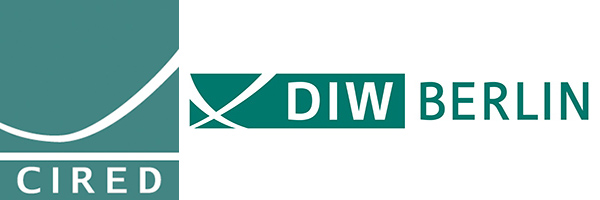Economic analysis of energy efficiency

The European Investment Bank University Research Sponsorship Programme – Policies to finance energy efficiency: An applied welfare assessment

This 3-year research project aims at assessing the cost effectiveness of energy efficiency policies. It consists of a literature review and an empirical analysis of energy efficiency loans and subsidies targeting the residential sector in the UK, France and Germany.
Saving energy is at the top of political agendas in many regions across the world. The European Union (EU) has set itself the ambitious target of reducing primary energy demand by 20% in 2020 as compared with a “no policy” scenario. From an economic point of view, the motivation behind energy-saving commitments is to address the multiple market failures that lead to an excessive use of energy. First and foremost, using energy generates local and global pollutants, the effects of which are not internalised in the price paid by consumers. Second, the social cost of energy security (e.g. deterioration in the terms of trade, security expenditures associated with energy imports) is not internalised in the domestic price of energy in many countries. Third, despite European directives, energy is not yet systematically priced at its competitive level by utilities in the EU.
Energy efficiency is the most consensual option to meet energy saving targets. Many engineering studies (for instance Mc Kinsey & Co. (2009), to name only the most impactful) have shown that it is the most cost-effective way to save energy and carbon dioxide emissions, the pollutant that attracts most public attention. For this reason, energy efficiency is frequently coined the “first fuel” in recent publications by the International Energy Agency (IEA) or the European Council for an Energy Efficient Economy (ECEEE), that is, one that is widely available and at a low cost and does not face intermittency or storage challenges like most carbon-free renewable energy sources. As a consequence, numerous policies are being implemented to meet energy saving targets. For example, according to the MURE database, around 550 energy efficiency policies have been or are currently implemented in the EU, targeting households, transports, industry and the commercial sector.
Despite the abundance of energy efficiency financing facilities being implemented across Europe, surprisingly little is known of the economic efficiency of these policies. This research project aims to rigorously evaluate the motivation for and the effective performance of two types of energy efficiency financing facilities: loan facilities and subsidies, focusing on the housing sector in France, the UK and Germany.
The project team aimed to address the following questions, organized in three work packages:
Work package 3 – How do actual energy efficiency subsidies perform?
Final report
Policies to finance energy efficiency: An applied welfare assessment
Final report submitted to the European Investment Bank Institute in fulfilment of The EIB University Research Sponsorship (EIBURS)
November 2018
In partnership with:


